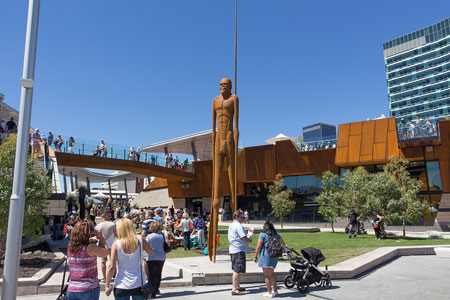Perth Translation Services » Indonesian translator » Indonesian Medical Translation
Indonesian Medical Translation
Perth translation uses full-time, professional Indonesian translators for Indonesian medical translations.
Indonesian medical translations are required for referral letters from doctors, reports for patient's health, medical or health-related products and services, and research purposes. Our Indonesian translators take care to ensure the right medical terminology is used in the medical translations.
Indonesian Medical Translators
Upload your documents for translation
Latest Testimonials


About the Indonesian Language
Indonesian is the official language of Indonesia. It is a standardized register of Malay, an Austronesian language that has been used as a lingua franca in the multilingual Indonesian archipelago for centuries. Indonesia is the fourth most populous nation in the world. Indonesian is one of the most widely spoken languages in the world.
Most Indonesians, aside from speaking the national language, are fluent in any of more than 700 indigenous local languages; examples include Javanese, Sundanese and Balinese, which are commonly used at home.
The nationalist movement that ultimately brought Indonesian to its national language status rejected Dutch from the outset. However, the rapid disappearance of Dutch was a very unusual case compared with other colonized countries, where the colonial language generally has continued to function as the language of politics, bureaucracy, education, technology, and other important areas for a significant time after independence. Soenjono Dardjowidjojo even goes so far as to say that "Indonesian is perhaps the only language that has achieved the status of a national language in its true sense" since it truly dominates in all spheres of Indonesian society. The ease with which Indonesia eliminated the language of its former colonial power can perhaps be explained as much by Dutch policy as by Indonesian nationalism, though. In marked contrast to the French, Spanish and Portuguese, who pursued an assimilation colonial policy, or even the British, the Dutch did not attempt to spread their language among the indigenous population. In fact, they consciously prevented the language from being spread by refusing to provide education, especially in Dutch, to the native Indonesians so they would not come to see themselves as equals. Moreover, the Dutch wished to prevent the Indonesians from elevating their perceived social status by taking on elements of Dutch culture. Thus, until the 1930s, they maintained a minimalist regime and allowed Malay to spread quickly throughout the archipelago.
Dutch dominance at that time covered nearly all aspects, with official forums requiring the use of Dutch, although since the Youth Congress (1928) the use of Indonesian as the national language was agreed on as one of the tools in the pro-independence struggle. As of it, Mohammad Hoesni Thamrin inveighed actions underestimating Indonesian. After some criticism and protests, the use of Indonesian was allowed since the Volksraad sessions held in July 1938. By the time they tried to counter the spread of Malay by teaching Dutch to the natives, it was too late, and in 1942, the Japanese conquered Indonesia and outlawed the use of the Dutch language. Three years later, the Indonesians themselves formally abolished the language and established Bahasa Indonesia as the national language of the new nation.

